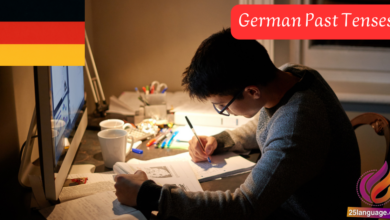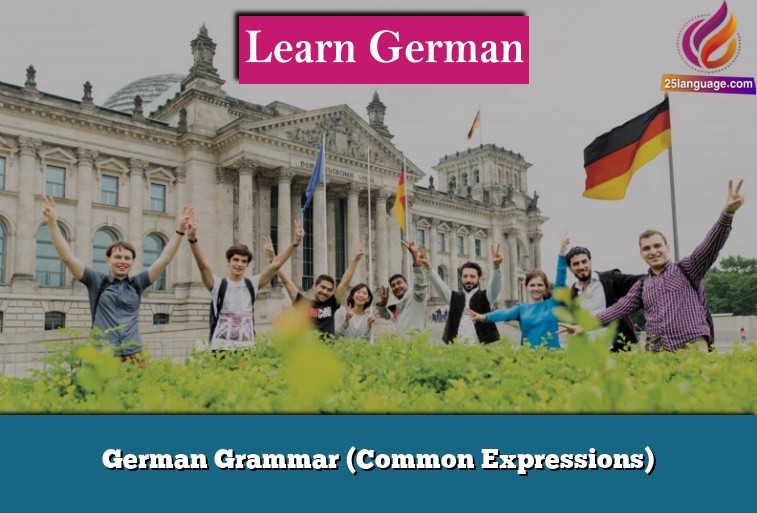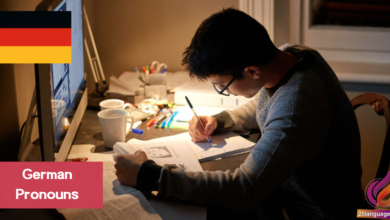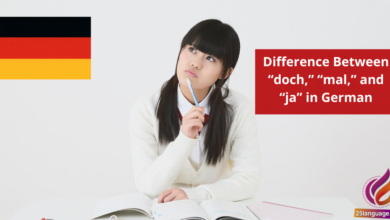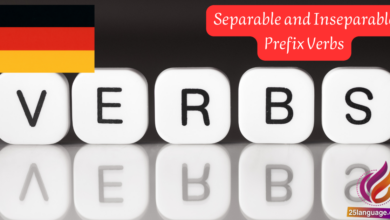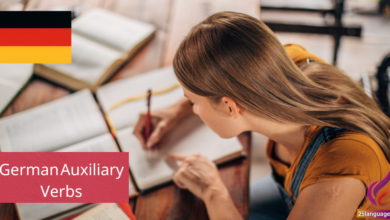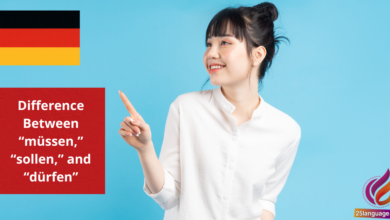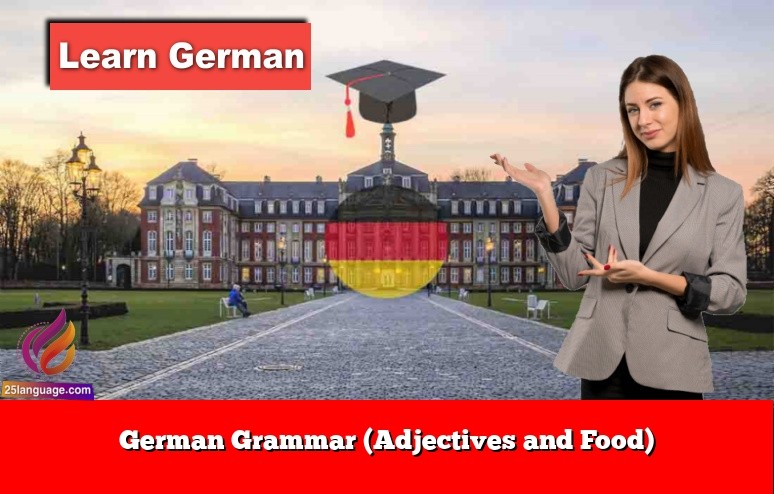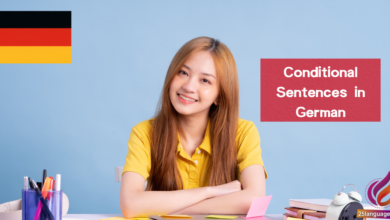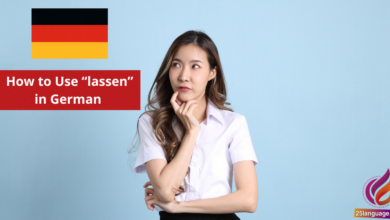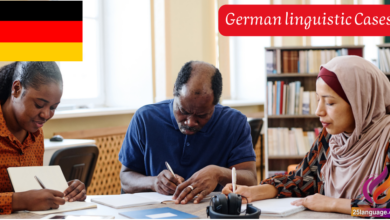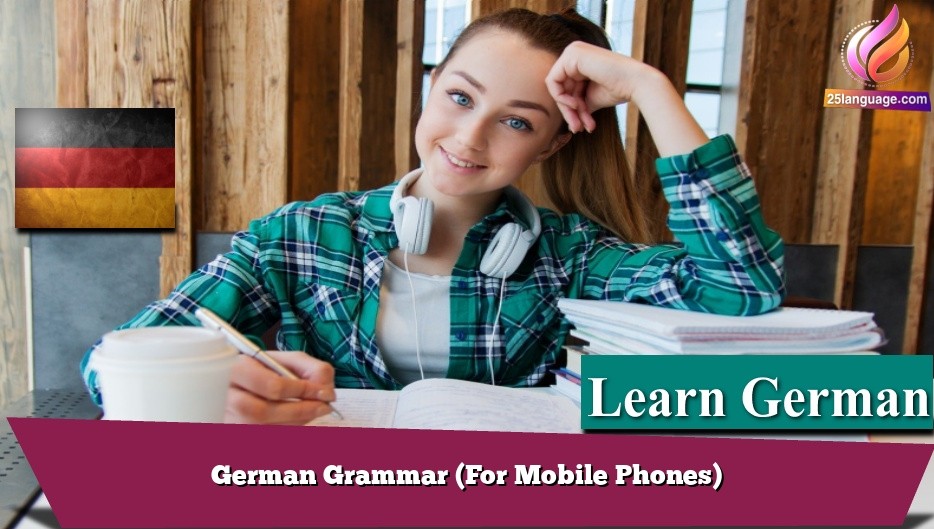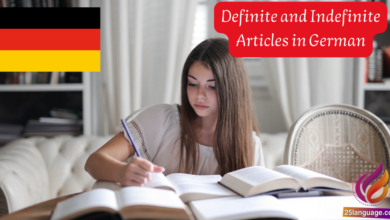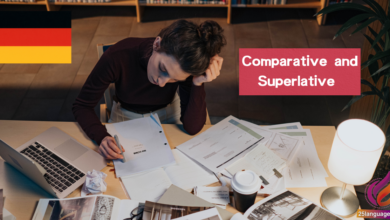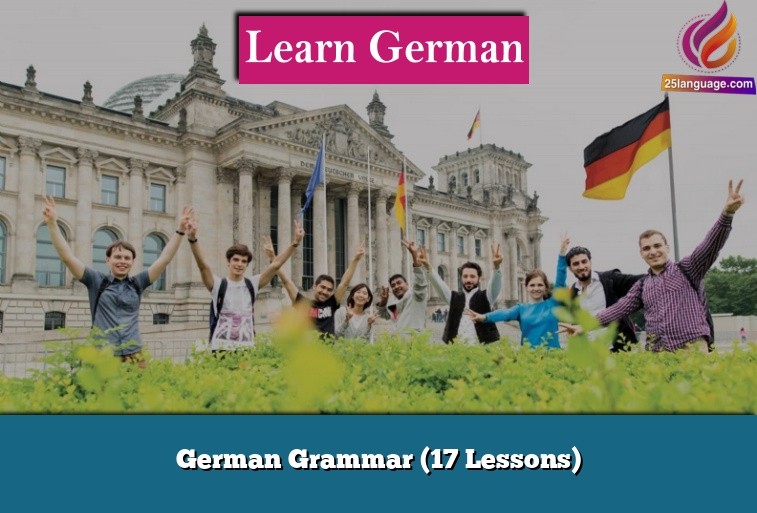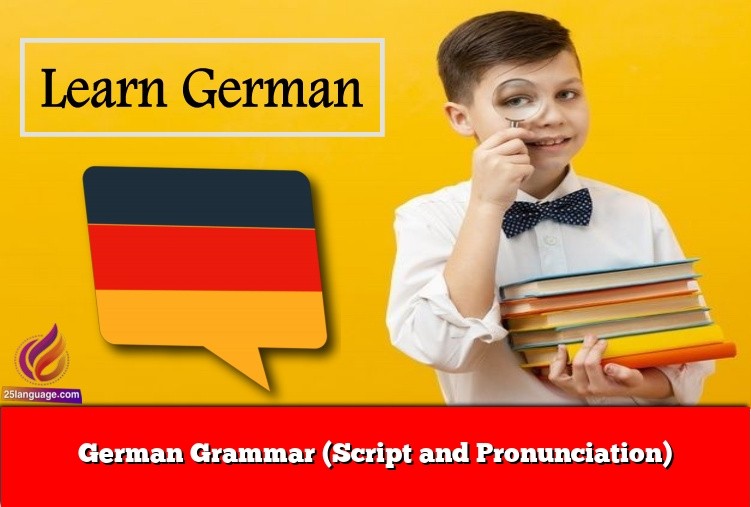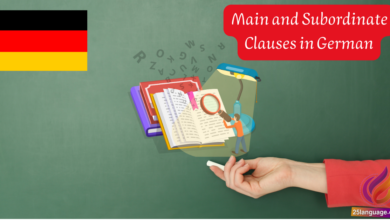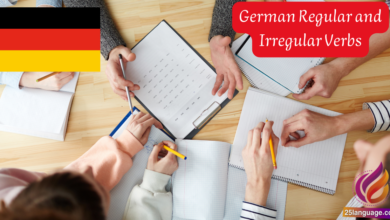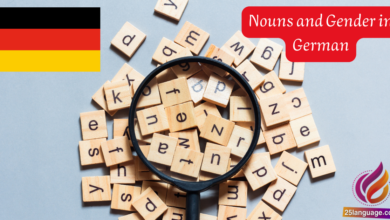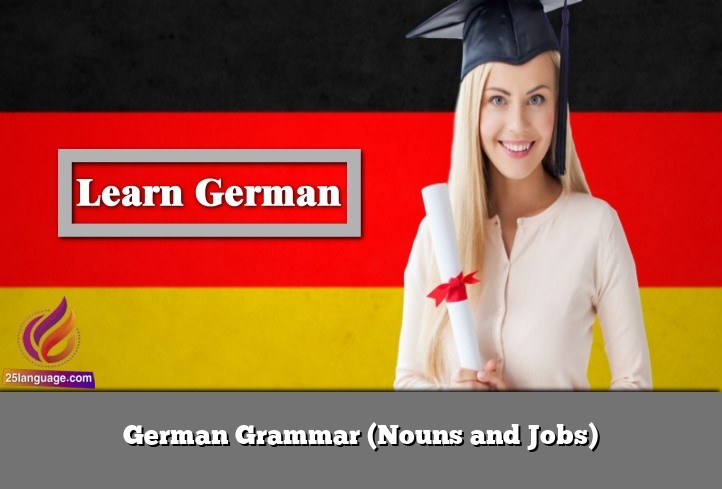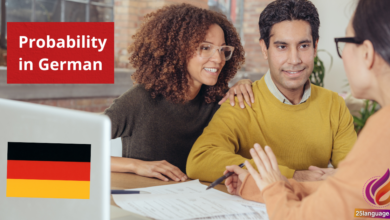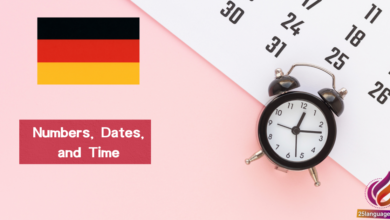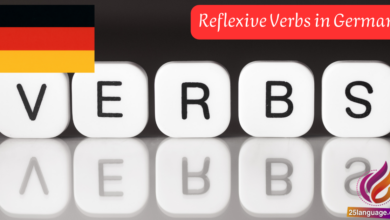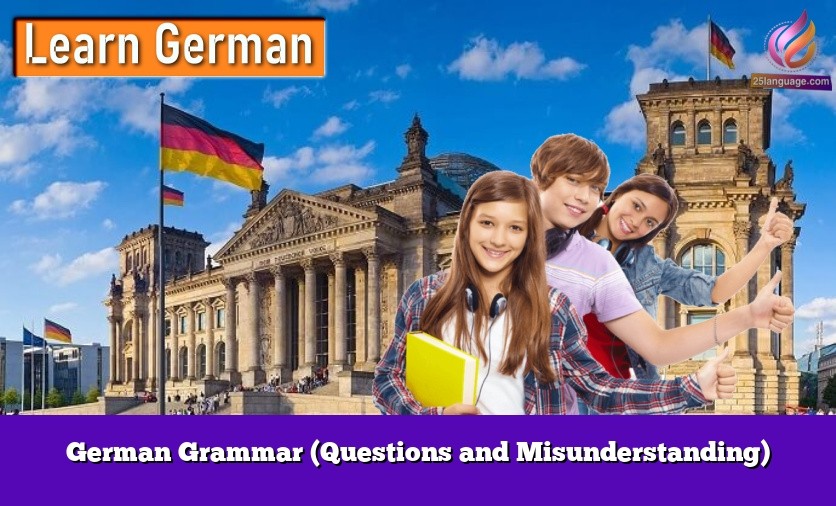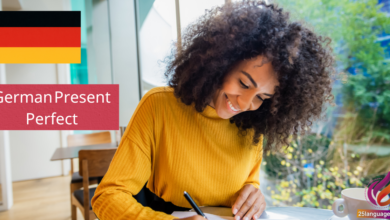German Conjunctions and Sentence Connectors
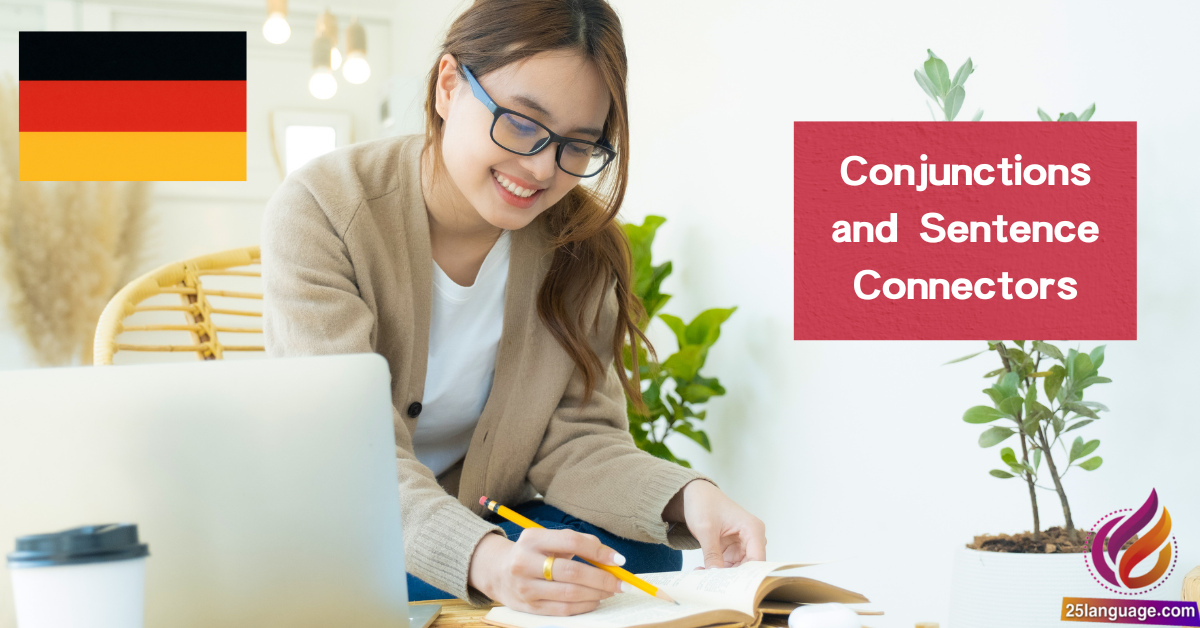
Unlock the secrets of fluent German interaction by mastering conjunctions adn sentence connectors! these vital words link ideas and thoughts, transforming simple statements into complex, engaging sentences. Whether you’re sharing experiences, expressing contrasts, or building relationships between concepts, understanding how to use conjunctions will elevate your language skills. Get ready to dive into the building blocks of German syntax, and watch your conversations flow more naturally and expressively!
exploring the Role of German Conjunctions in Sentence Structure
In German, conjunctions play a pivotal role in connecting clauses and structuring sentences. There are two main types of conjunctions: coordinating and subordinating. Coordinating conjunctions, such as und (and), oder (or), and aber (but), connect words or groups of words that are of equal grammatical importance. For example:
- Ich mag Äpfel und Bananen. (I like apples and bananas.)
- Ist das dein Hund oder deiner Katze? (Is that your dog or your cat?)
- Es ist kalt, aber sonnig. (It is indeed cold, but sunny.)
Subordinating conjunctions, on the other hand, introduce subordinate clauses and require the verb to be placed at the end of the clause. Common subordinating conjunctions include weil (because), wenn (if/when), and dass (that). When using these conjunctions, understanding the placement of verbs is crucial. Such as:
| German Example | Rule | English Translation |
|---|---|---|
| Ich bleibe zu Hause, weil es regnet. | Verb at the end of the subordinate clause. | I stay at home because it is raining. |
| Wenn es spät wird, gehe ich nach Hause. | Verb at the end of the subordinate clause. | If it gets late, I will go home. |
| Sie sagt, dass sie müde ist. | Verb at the end of the subordinate clause. | She says that she is tired. |
Mastering Sentence Connectors for Fluid German Communication
In German, sentence connectors play a crucial role in enhancing the flow and coherence of communication. Commonly used connectors include und (and), aber (but), oder (or), and denn (for/because).These connectors not only link ideas but also indicate relationships between sentences. For example:
- Ich liebe Schokolade, und ich esse sie jeden Tag.
(I love chocolate, and I eat it every day.) - Es regnet, aber ich gehe trotzdem spazieren.
(It is raining, but I will go for a walk anyway.) - willst du Pizza oder Pasta?
(Do you want pizza or pasta?) - Ich bin müde, denn ich habe nicht geschlafen.
(I am tired because I did not sleep.)
In addition to these basic connectors, German also employs subordinating conjunctions, which are vital for creating complex sentences. These include weil (because), obwohl (although), and wenn (if). When using these, the verb typically moves to the end of the clause. For instance:
| German Examples | Grammar Rule | English Translations |
|---|---|---|
| Ich bleibe zu Hause, weil ich müde bin. | Subordinating conjunction; verb goes to the end. | I stay at home because I am tired. |
| Obwohl es kalt ist, gehe ich raus. | Subordinating conjunction; verb goes to the end. | Although it is cold, I am going outside. |
| Wenn es regnet, bleiben wir drinnen. | Subordinating conjunction; verb goes to the end. | If it rains, we will stay inside. |
Practical Applications of Conjunctions in everyday German
In German, conjunctions play an essential role in connecting words, phrases, and clauses. They can be categorized primarily into coordinating and subordinating conjunctions.Coordinating conjunctions, such as und (and), oder (or), and aber (but), link elements of equal grammatical importance. Such as:
- Ich esse einen Apfel und trinke Wasser. (I eat an apple and drink water.)
- willst du Tee oder Kaffee? (do you want tea or coffee?)
- Es ist kalt, aber ich gehe spazieren. (It is cold, but I am going for a walk.)
Subordinating conjunctions, such as weil (as), dass (that), and wenn (if), introduce dependent clauses and frequently enough affect the word order, placing the verb at the end of the clause. Consider these examples:
- Ich bleibe zu Hause, weil es regnet. (I stay at home because it is raining.)
- Er sagt, dass er spät kommt. (He says that he is coming late.)
- Wenn ich Zeit habe, gehe ich ins Kino. (If I have time, I go to the cinema.)
| German Example | Rule | English Translation |
|---|---|---|
| Ich esse einen Apfel und trinke Wasser. | Coordinating conjunction | I eat an apple and drink water. |
| Es ist kalt, aber ich gehe spazieren. | Coordinating conjunction | It is cold, but I am going for a walk. |
| Ich bleibe zu Hause, weil es regnet. | Subordinating conjunction | I stay at home because it is raining. |
| er sagt, dass er spät kommt. | Subordinating conjunction | He says that he is coming late. |
Enhancing Your German Writing with Effective Connectors
Effective writing in German frequently enough hinges on the use of connectors, which link sentences and ideas, enhancing the flow and clarity of the text. Connectors can indicate relationships such as addition, contrast, cause, and condition. Some essential connectors to learn include:
- und (and) – Adds facts: Ich liebe Schokolade, und ich esse sie jeden Tag. (I love chocolate, and I eat it every day.)
- aber (but) – Shows contrast: ich mag Kaffee, aber ich trinke ihn selten. (I like coffee, but I rarely drink it.)
- weil (because) – Indicates reason: Ich gehe ins Bett, weil ich müde bin. (I’m going to bed because I’m tired.)
- oder (or) – Offers alternatives: Magst du Tee oder Kaffee? (Do you like tea or coffee?)
- wenn (if/when) – Introduces conditions: Wenn es regnet, bleibe ich zu Hause. (If it rains, I’ll stay home.)
In addition to those basic connectors, there are conjunctive adverbs that serve similar purposes but might be more sophisticated in style. Commonly used ones include:
- trotzdem (nevertheless) – Used to express contrast: Es regnete, trotzdem gingen wir spazieren. (it rained; nevertheless,we went for a walk.)
- darüber hinaus (furthermore) – Adds a point: Ich habe einen Hund, darüber hinaus habe ich auch Katzen. (I have a dog; furthermore, I also have cats.)
- außerdem (besides) – Indicates additional information: Die Prüfung ist wichtig; außerdem zählt sie zur Endnote. (The exam is crucial; besides, it counts towards the final grade.)
| German Connector | Usage | English Translation |
|---|---|---|
| und | To add information | and |
| aber | to show contrast | but |
| weil | To indicate reason | because |
| darüber hinaus | To add another point | furthermore |
In Conclusion
Abschluss der Stunde: Deutsche Konjunktionen und Satzverbindungen
Herzlichen Glückwunsch, liebe Lernenden, zum Abschluss dieser Lektion über deutsche Konjunktionen und Satzverbindungen! Heute haben wir herausgefunden, wie wichtig diese kleinen, aber kraftvollen Wörter sind, um unsere Gedanken klar und präzise auszudrücken.
Wir haben verschiedene Arten von Konjunktionen kennengelernt, wie koordinierende und subordinierende Konjunktionen, und wie sie uns helfen, komplexe Sätze zu bilden. Ihr habt verstanden, wie essenziell sie sind, um einfache Aussagen miteinander zu verbinden und eine flüssige Kommunikation zu ermöglichen.
Denkt daran: Konjunktionen sind nicht nur grammatikalische Werkzeuge; sie eröffnen euch auch neue Möglichkeiten, um eure Gedanken zu verknüpfen und eure Ausdrucksweise zu bereichern. Diese Fähigkeiten werden euch nicht nur im Sprachunterricht helfen, sondern auch in alltäglichen Gesprächen und beim Schreiben.
Ich ermutige euch, das Gelernte aktiv anzuwenden! Versucht, eure eigenen Sätze zu bilden, nutzt neue Konjunktionen in Gesprächen und lest deutsche Texte, um ein Gefühl für deren Verwendung zu entwickeln. Macht keine Angst vor Fehlern – sie sind ein Teil des Lernprozesses. bleibt neugierig und motiviert, und bald werdet ihr feststellen, wie viel flüssiger und kreativer ihr mit der deutschen Sprache umgehen könnt!
Vielen Dank für eure Teilnahme! Wir freuen uns schon auf die nächste Lektion, wo wir unsere Kenntnisse weiter vertiefen werden. Viel Erfolg und Freude beim Üben!
